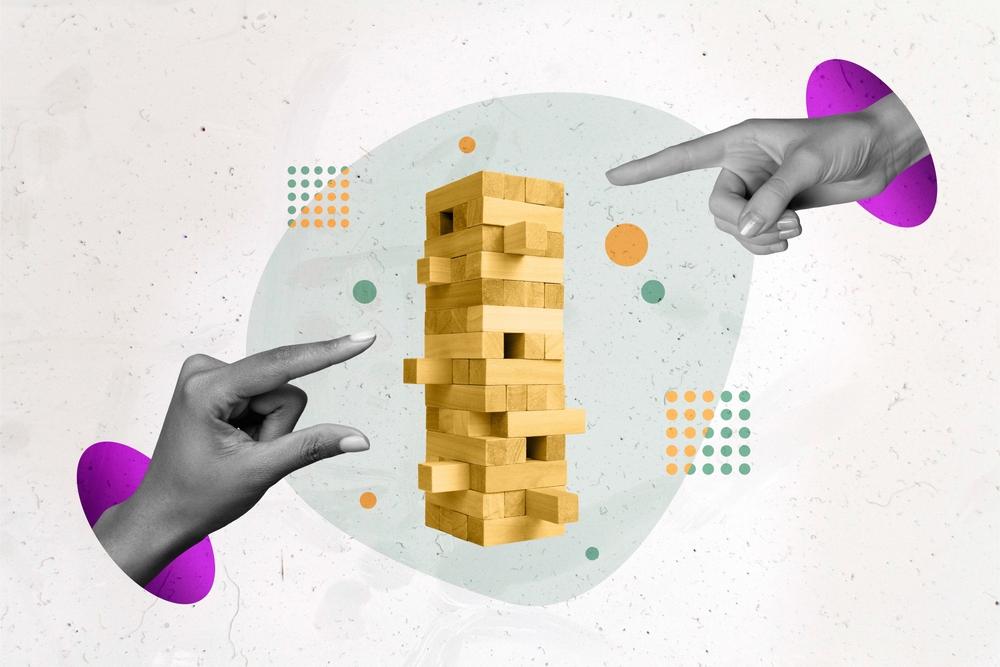
Toxicity in video games, acting in a rude, abusive, bullying, or deliberately losing manner, ruins competitive team-based video game experiences for everyone involved.

How can we institute good ethical practice in the games industry, safeguarding the welfare of players and employees alike?

Incorporating AI into the development, operation, and servicing of video games adds new issues to an already-complex landscape of ethical concerns.


The advent of online spaces has brought forth a significant challenge: the detection and mitigation of toxic and harmful speech.

Study sheds light on the risks faced by users that surpass the conventional boundaries of gaming environments.

The features that make games fantastic spaces for social connection also harbor toxicity, including hate, harassment, and the propagation of extremist ideologies.

What are the ethical implications of designing video games that address the societal causes of mental illness rather than an individual’s symptoms?

Research compares insights from play in non-digital and digital contexts and integrates them within a holistic account of how play possibilities emerge from the intersection of people, products and places.

As video games have moved to the mainstream of entertainment and popular culture, they also have given rise to new media fears.